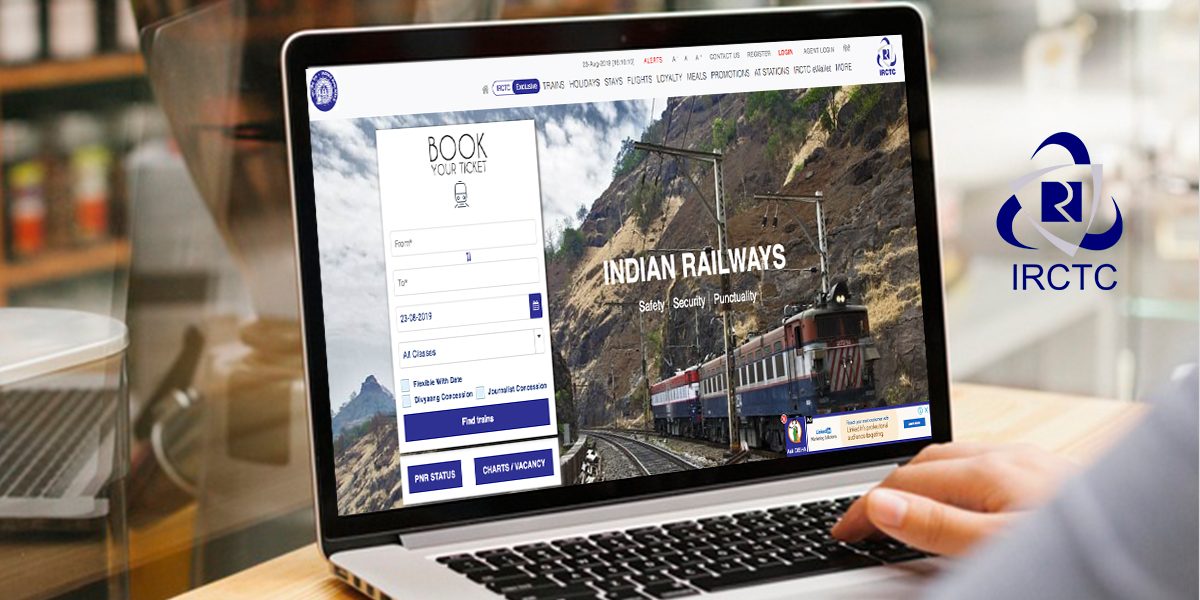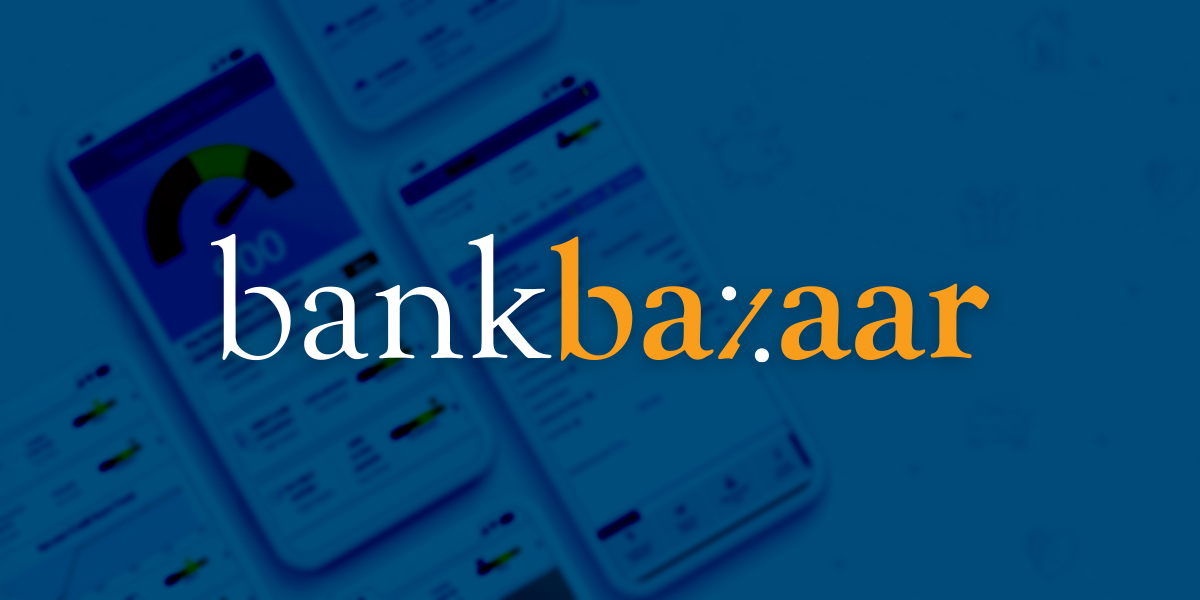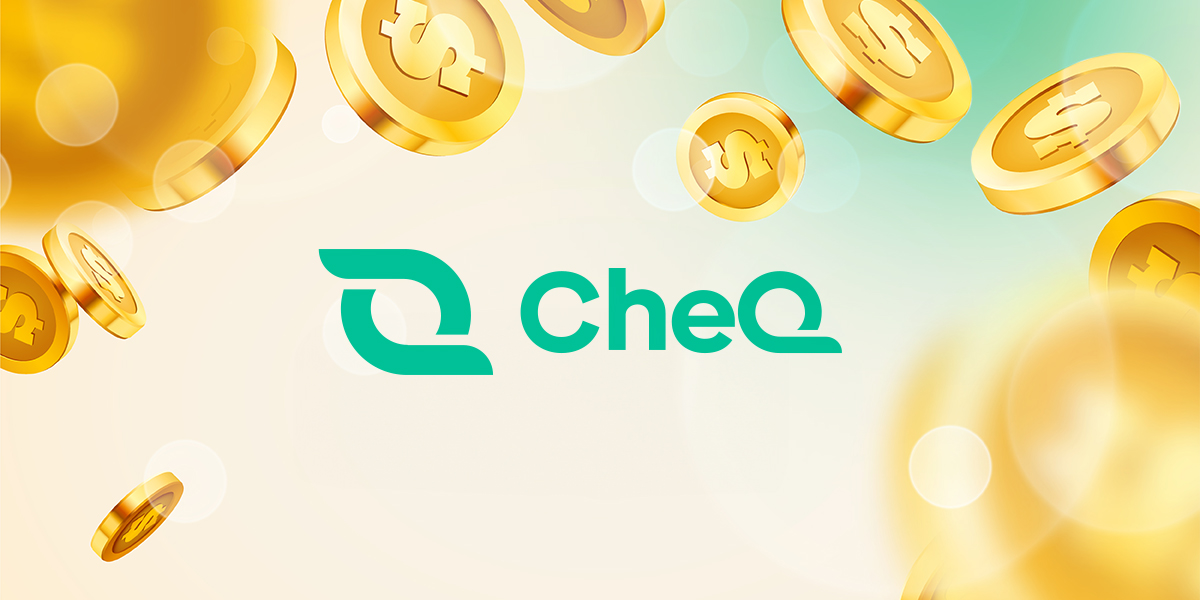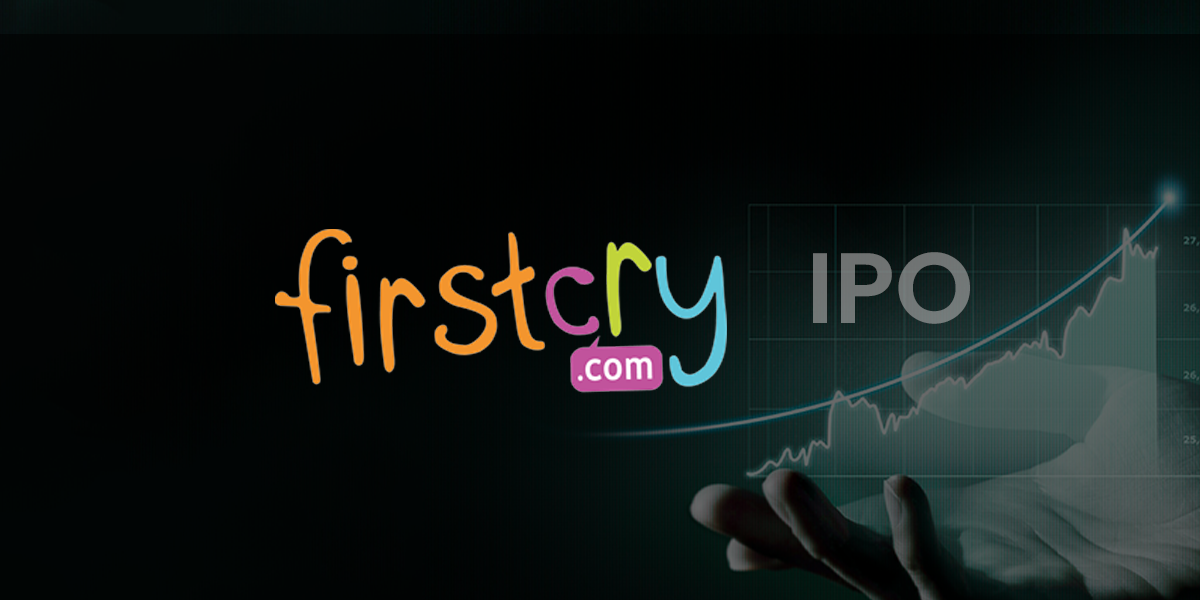IRCTC makes a lot of money from selling train tickets. It made Rs 210 crore from selling 11.58 crore train tickets online last quarter alone. From each of those tickets, it makes a whopping 85% gross margin on commissions. That is not surprising, because nobody else is authorized to sell train tickets online in India — like Indian Railways has a monopoly on train travel, IRCTC has a monopoly on online ticketing. Even third party platforms like Confirmtkt have to pay IRCTC a cut on every ticket they sell.
But unlike Indian Railways, IRCTC is a for-profit company that is traded publicly. Since ticketing online is very cheap, and since IRCTC charges a significant fee for every ticket sold on its website and apps, it makes a killing. It makes so much, in fact, that the government asked it last year to share half of its convenience fees with the exchequer.
Now, IRCTC wants more. It wants to sell passengers’ data — data that they have no choice but to provide to travel on Indian trains — and make even more money out of every ticket and every passenger. The Internet Freedom Foundation on Friday unearthed a tender by the ticketing and tourism giant where it is soliciting experts who can help it sell the data of users.
The tender seeks a specialist to study ways to carry out the monetization of the “Digital Data of Indian Railways,” by “study[ing] the customer data captured by Indian Railways which includes basic data of individual passenger […] like: Name, Age, Mobile No., Gender, address, E-Mail ID, No. of Passenger, Class of Journey, Payment Mode, Login/Password, etc.”
If that seems like it violates privacy, keep in mind that India doesn’t have a data protection law yet, as the government withdrew the latest version of the bill that has been years in the works. Even if such a law passes, the tender wants any consultant it hires to find ways around it: The consultant shall “study various Acts or laws including IT Act 2000 and its amendments, User data privacy laws including GDPR (General Data Protection Regulation) and current ‘Personal Data Protection Bill 2018 of India, and accordingly propose the business models for monetization of Digital Assets. “
So this is what is happening: a state-sponsored publicly traded monopoly, unhappy with the 85% margins it earns from selling crores of tickets each month, dissatisfied with exorbitant revenues in spite of having no competition who could ever threaten them, now wants to sell its users’ data, or rather “monetize” them even more than it already does. Talk about a full conversion to free market economics!
In addition to how shocking the overreach is in terms of violating passengers’ privacy, what is notable is how much an already successful company is exhibiting this much corporate greed. That shouldn’t be very surprising, as doing so helps its cause: after word of this tender got out, instead of attracting widespread outrage, IRCTC’s stock price climbed up 5%.
There are clearly competition issues with letting a publicly traded company hold on to a monopoly, exploit it, and then try to exploit it even more. That is a bigger problem that is at the foundation of IRCTC’s business model: the very fact that it is a business model, when the entity it gatekeeps — Indian Railways — is founded on public interest. (And subsidizes tickets heavily, as it will happily tell you on every ticket you buy.)
The Competition Commission of India has already looked into IRCTC’s dominance. Unfortunately, the regulator cleared the firm of abusing its monopoly in 2020, ruling that its practices were “duly backed by commensurate social and commercial justification,” in spite of the fact that IRCTC is, unlike Indian Railways, a for-profit firm.
When IRCTC started allowing users to book tickets online in 2002, it may have made sense to limit the market size of the online train ticketing industry to one company that was close to the railways. The internet was, after all, not developed at all, and few firms existed that could reliably discharge a responsibility as huge as railway ticketing.
Two decades on, with a thriving industry of tech startups and giants alike, there is really no reason a company that has such a rampant history of profiteering on the expense of passengers — and maybe soon their data — should be able to hold on to its exclusive rights. It is time to end IRCTC’s monopoly and open up online ticketing to a competitive market that might be able to do the job at a lower cost while respecting users’ privacy more.
If you still think that the terrible user interface notwithstanding, IRCTC still has a case to gouge out more from your data, then just do this simple experiment. Replace the word IRCTC above with a private sector name, and see if you feel the same way.














